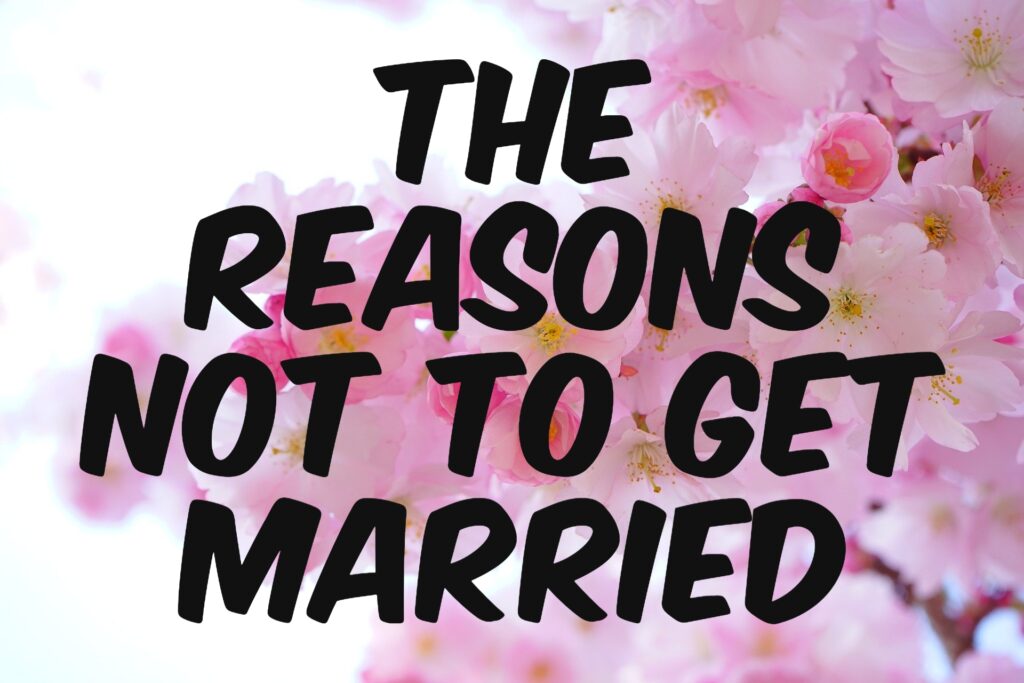The 8 Misunderstandings Of A Conversational Dialogue
 I have always held the belief that relationships thrive on effective communication. I was taught in primary school days that communication is said to have happened only when a message must have successfully been passed from one person or group of persons to another. And not only that but vice versa, leading to what is called a “conversation”. A conversation, basically, is the expression and exchange of ideas through talking with other people while a dialogue is a conversation between two or more people, FREE FROM ANY DOMINEERING INFLUENCE. This goes to show that a dialogue dominated by just one person cannot totally be said to be conversational.
I have always held the belief that relationships thrive on effective communication. I was taught in primary school days that communication is said to have happened only when a message must have successfully been passed from one person or group of persons to another. And not only that but vice versa, leading to what is called a “conversation”. A conversation, basically, is the expression and exchange of ideas through talking with other people while a dialogue is a conversation between two or more people, FREE FROM ANY DOMINEERING INFLUENCE. This goes to show that a dialogue dominated by just one person cannot totally be said to be conversational.
From the above explanation, one can see that a dialogue can be conversational or not. So what is conversational dialogue? It is the interchange or exchange of two minds to form one mind. Narrowing it down to couples, the ultimate goal of conversational dialogue is to reach a compromise. In other words, two conflicting ideas or options are exchanged and discussed until a common resolution is reached on the basis of love for one another.
Conversational dialogue among couples is a crucial aspect of any relationship. It is a way for partners to communicate, understand each other, and build strong bonds. However, this kind of dialogue is not upheld in many homes due to misconceptions about what it is. This is why misunderstandings, more often than not, lead to broken homes, especially in this age. Let’s take a look at 8 of them:
1. THE SCRIPTED SCENE
This is a view that communication should be approached with a predetermined script, rather than being open and spontaneous. That is, following a set narrative or rehearsed lines. We must never forget that authenticity is key to building trust and intimacy. When conversations are approached as a script, it is like saying, “We need to talk, but the outcome has already been predetermined. So shut up and listen to what I am about to read”. Is that conversational? Far from it! Scripted dialogues lack originality and can also be deceitful. But you, oh believer, “… rid yourself of all… deceit, hypocrisy…” (1 Peter 2:1). Get real with your partner!
2. THE MONOLOGUE SCENE
Another misconception is treating conversation as a one-way street, where only one person speaks without allowing the other to share their thoughts. If only one person does all the talking, there’s no room for understanding or compromise which is the ultimate goal of conversational dialogue. A conversational dialogue gives the other person the opportunity to speak. You might want to take a lesson from our Almighty God Himself (Genesis 2:9-13; 18:17-33).
3. THE MONOTONE SCENE
A conversation without emotion or passion is like a car without fuel–it won’t go anywhere! Imagine your partner talking with a voice that lacks intonation and maintains the same pitch all through. You will get the impression that he/she is uninterested or boring and a chore to listen to. I mean, who dares to speak like a robot to their spouse? Couples cannot dialogue effectively where there is no expression of feelings and empathy. As such, healthy communication will require empathy, vulnerability, and willingness to listen and understand your partner’s feelings (Songs of Solomon 5:2). Stop sounding mechanical.
4. THE CONSCIENCE RELAYER SCENE
There are those who wrongly believe that dialogue is a way to relay one’s conscience to the other, imposing personal values and beliefs. It is a big error to think that a conversation is only about expressing “my opinion”, “what I think”, and so on. The Bible outrightly states that marriage makes two to become one flesh (Genesis 2:24) and this concept applies in their conversations. So rather than “I” and “me”, we say “we” and “us”. A conversational dialogue embraces mutual respect for each other’s inputs and opinions.
5. THE COMMAND-PERFORMANCE SCENE
Relationships are a partnership, not a military exercise where you give commands and demand absolute obedience. You just don’t tell your partner what to do, how and when to do it and expect them to run around trying to do your bidding. That of course will only be befitting for an abusive relationship where commands and not dialogue take place. This approach breeds resentment and rebellion instead of love, respect, and submission. A conversational dialogue, on the other hand, allows for open communication, compromise, and mutual decision-making.
6. THE AUTHORITATIVE DECREE SCENE
A mistaken view some couples may have is that conversational dialogue involves making an authoritative decree, where one partner’s words must be followed without question. It is the foolishness of viewing one’s words as absolute truth, without considering the other’s feelings (Proverbs 18:2). When the dialogue among couples tilts towards being a decree, it becomes a proclamation rather than a dialogue. We must never forget that healthy dialogue will always involve collaboration and a willingness to work together to find solutions that benefit the partners (1 Peter 3:7).
7. THE DICTATORIAL SCENE
Another misconception is that a conversational dialogue is a means through which one imposes their will on the other, rather than a mutual exchange. The problem I have with this approach is that it neglects the value of listening and understanding, and this leads to one partner dominating the conversation. This is where feelings of resentment and disconnection start. “Does he even care how I feel?”, “He treats me like trash”, and so on. In a conversational dialogue, you do not dictate what you want, you rub minds with one another until a common decision is reached. It is not “you shall do” but “what shall we do?”
8. THE SOLILOQUY SCENE
It is actually a laughable idea that a conversational dialogue should be viewed as a solo performance where one talks and the other just listens without any input. If it were to be a poetry recitation of some sort, that would suffice, but a conversation? I say no a million times over. Don’t talk to yourself at length and call that a conversation, unless you want to groom a partner who will continually feel unheard and unloved. That’s absolutely a bad idea!
In conclusion, it is important for couples to recognize and seek to correct these mistaken views of a conversational dialogue. They must strive for open, honest communication where both partners feel respected. Just as a well-scripted dialogue in a play or movie brings depth and meaning to the story, so does conversational dialogue strengthen relationships among couples. For my last thoughts read Colossians 4:6)
